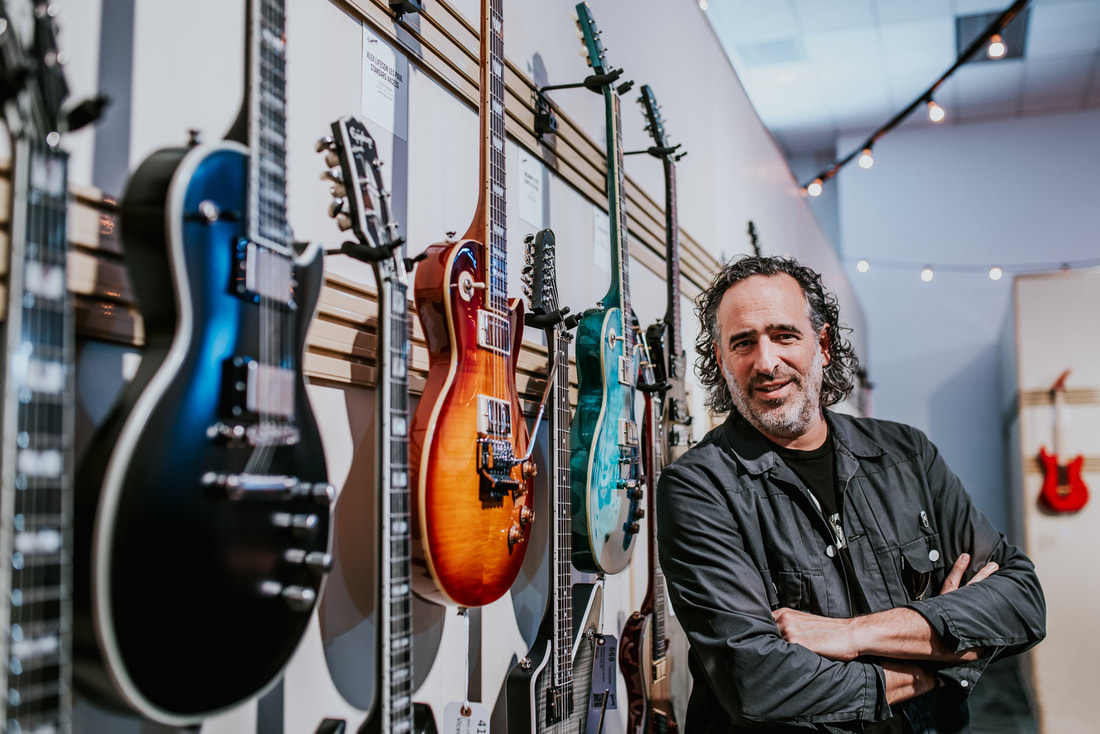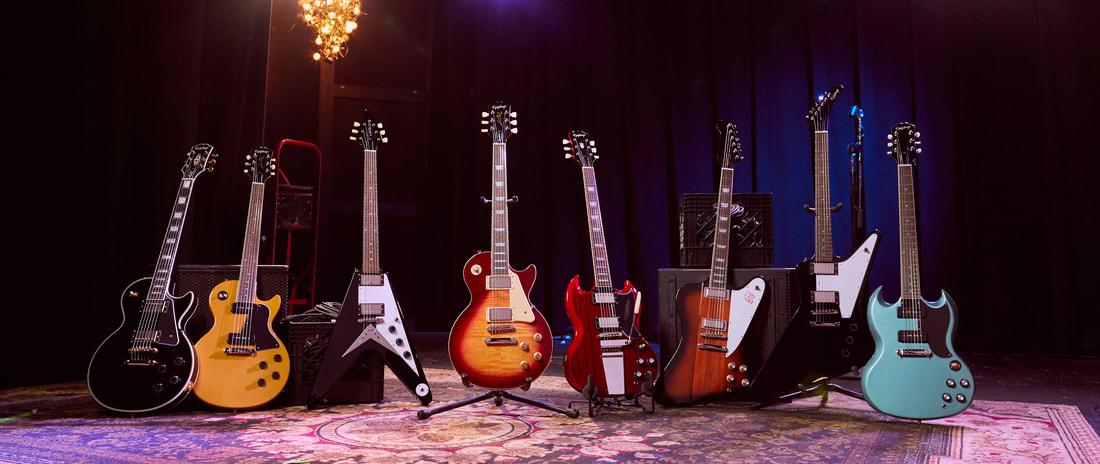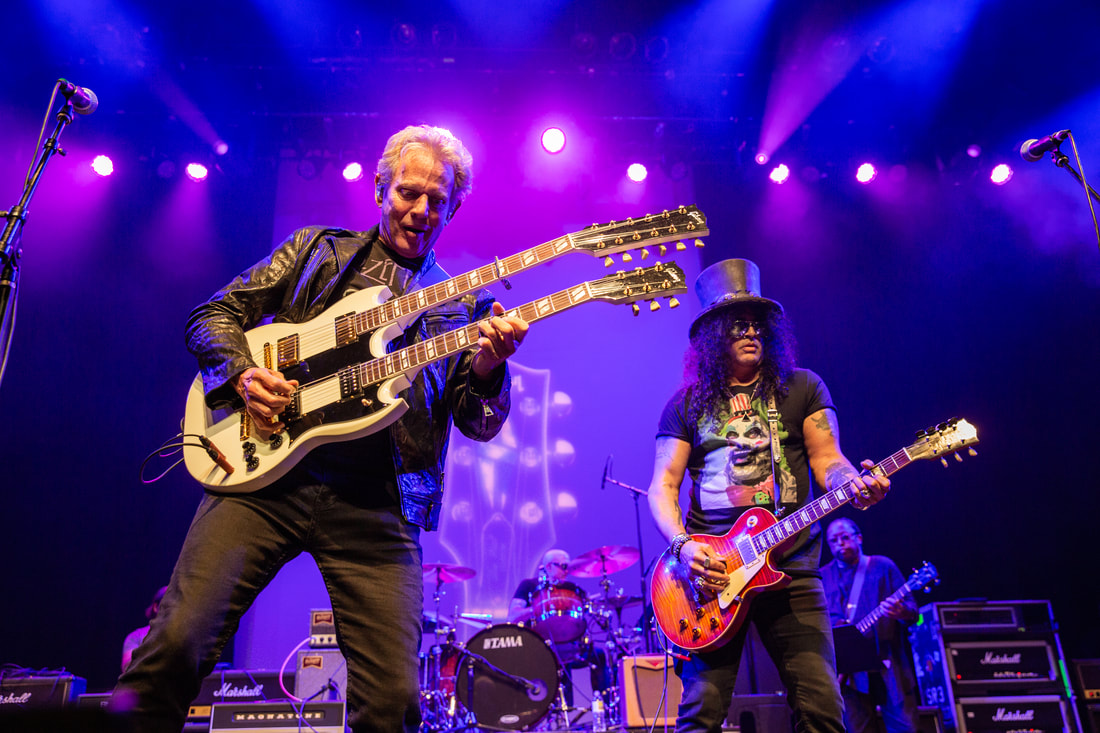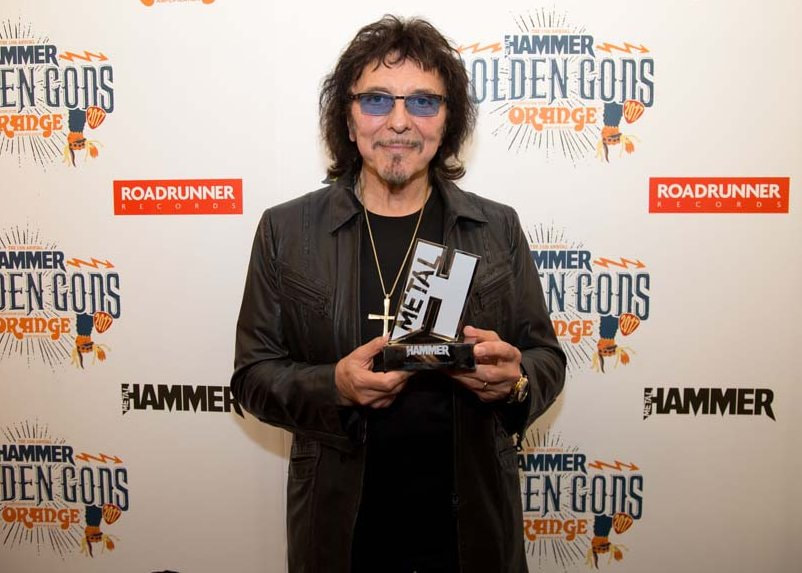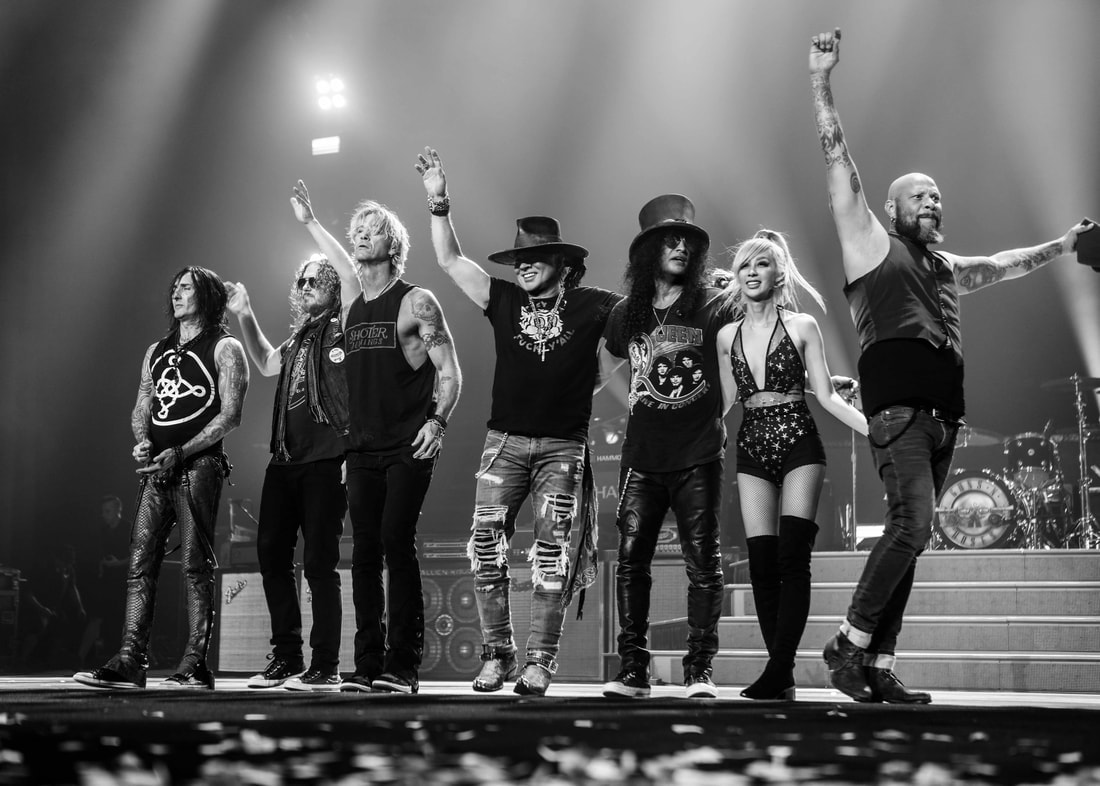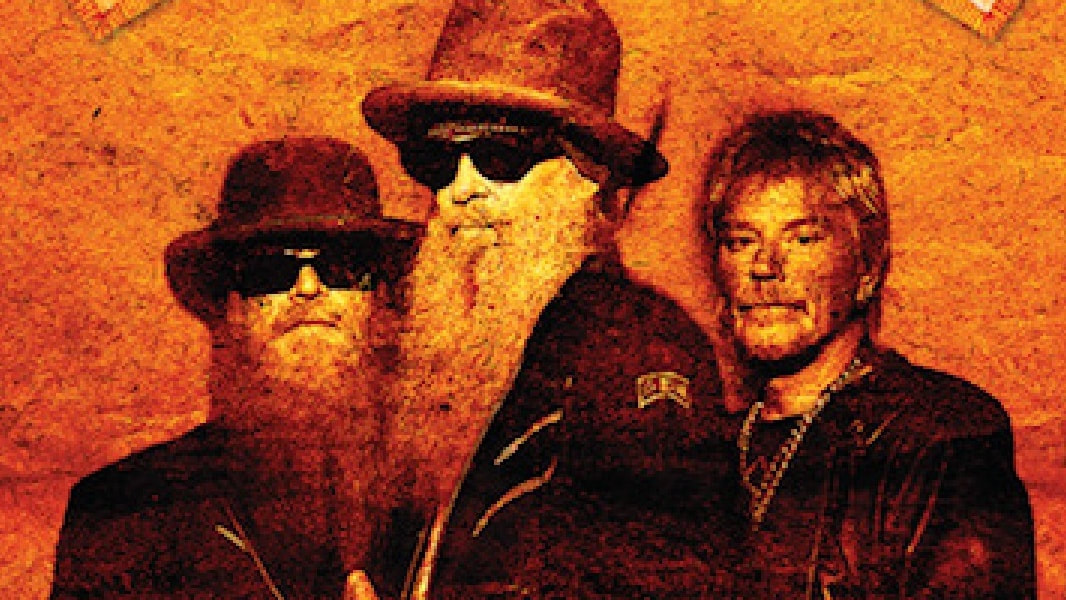|
The last few years have seen a complete rebirth for Gibson Brands. The iconic guitar company first started life in 1894, and following troubled times, has forged ahead into a bright future under the leadership of CEO James ‘JC’ Curleigh. Taking on the mantle in 2018, the former Levi Strauss president is nothing if not enthusiastic, focused, and passionate about the most iconic of guitar brands. “We’ve got to make guitars matter”, he says as we sit down for a chat at NAMM Show 2020 in Anaheim, California. Plugging in; Eamon O’Neill.
Hi JC, as we speak it’s day one of NAMM Show 2020; how does it feel to be here?
Well it’s awesome! It’s day one for NAMM, but we’ve been working on this for hundreds of days in preparation. It’s such a big moment for us, and this year, we really wanted to make sure that our vision came to reality. A year ago, we were here, and the theme was ‘hope’; let’s hope people like the new Gibson, let’s hope they like our guitars, let’s hope we can engage with artists and fans and dealers. And you know, quite frankly, that hope has turned into a reality in the last year, and I couldn’t be more proud of the progress that we’ve made, but at the same time, it’s opened up the potential for what’s ahead of us. You joined the company from Levis; how was it taking on another American Icon, and one that needed turning around? Well, I was at Levi’s for seven years, and I came into that situation where it basically had taken its leadership for granted. It invented the blue jean, it was the worldwide leader in denim, but what had it done to connect with every generation, and how was it leveraging its iconic past but innovating for the future? At Levi’s, we really unlocked that. We were able to do it in multiple ways, but what was really amazing was, the true culmination of Levi’s happened when we started doing music collaborations. Some of the best moments we had were at Coachella, or through musicians; that’s authentic to Levi’s, and so that music then translated into an opportunity to join Gibson. So you brought that philosophy to Gibson? So joining Gibson, think about it; we’re going to have to find ways to leverage our iconic past, which we have, and then lean into the innovative future, which we’re doing. And that’s not just saying it; we did it with our Original and our Modern collection which we launched last year, and we’re doing it with our artists; some want to go back to the heritage moment of the ‘50s and ‘60s and make that matter, and others want to sort of innovate for the future with modern ways of creating and bringing music, and we’re on both sides of the equation. Gibson had arguably spread itself a little thin prior to your arrival, but you seem to have refocused on the brand, its heritage, and most importantly, the product. Yeah, I think when you inherit a situation that has 125 years of creating and shaping and inspiring sound, that’s the mission then going forward; how do we create, inspire, and shape sound for the future. And we set a pretty simple vision; “let’s be the most relevant, most played and most loved guitar brand again”. But to your point, what we really centered around was; let’s become a 125 year old startup. And so by definition, a startup has to be focused; it has to prioritise; it has to believe that the future’s going to be stronger, but, you then back it up with some sophisticated actions where; how do you improve quality, product design? How do you engage your artists? How do you create better ways of communicating and engaging and inspiring your fan base? And Gibson just didn’t take advantage of any of that. And to your point, if you spread yourself too thin, you mean a lot of things to not a lot of people, or not much to a lot of people, and we said; “you know, Gibson deserves better”. Gibson had its big relaunch at Winter NAMM 2019; it was a huge moment, and you’ve had the results this year to back it up, haven’t you? We did, and you know, what a difference a year makes, where a year ago, we truly didn’t know what to expect. But you know, I think as leaders, what we recognise is that none of us can guarantee success, but what we can guarantee is we can set better conditions for success, and I think we’ve done that. And now, we realise; we’ve said; “what has potential?” Well, Epiphone has potential, so we’ve completely relaunched Epiphone this year, and it’s been amazing; the energy around Epiphone, and we have the Epiphone Inspired by Gibson, and the Epiphone Original [ranges], so that’s amazing. You’re also focusing on the Kramer Brand. This brand Kramer, which was the No.1 brand of electric guitars in the ‘80s, we had it, and people said; “what are you doing with Kramer?!” So we reenergised, we got some of the original artists involved in the ‘80s they played, so we’re bringing Kramer back. And of course the crown jewel is Gibson, and we’ve put more attention to Custom Shop, we’ve launched the Gibson Acoustic Custom Shop, and then, you know, all things Gibson are settling in with our Original and our Modern collection. Guitar World recently called the new Epiphone range the best ever for the brand; you must be really proud of that. Well here’s the real story that I love to tell. I grew up in a music family, and my dad played banjo and my mom played guitar, and wherever we went, music was part of us. But she always played an Epiphone. An Epiphone’s been in my life and in my house, and it’s still in my mother’s house, and she still plays it, so if nothing else, my quest was to make mom proud of Epiphone! And she reminded me that Paul McCartney wrote ‘Yesterday’ on an Epiphone. On the Gibson side of things, as well as the new Slash range, you’ve got Tony Iommi launching a new guitar as well.
Yeah, and again, under the heading “we hoped it would happen”, Slash, he played Gibsons, but didn’t really have a relationship with Gibson, and today, we can call him a friend of Gibson. And not only that, but we’ve put him together with what we call a Gibson Alliance with all of our artists, to help us thought-partner, create ideas on product, and on ways to connect, and he’s now officially the chairman of the Gibson Alliance. He loves that. And then we said; “let’s not just not do a signature guitar; let’s do a collection!” So we launched that. Didn't Tony Iommi recently visit the Gibson factory in Nashville? About two months ago, Iommi was in Nashille, and he went in to Custom Shop, and before [JC’s tenure], the team was instructed not to talk to artists, not to ask for selfies, not to get autographs, and it was very much not the way that we should engage. Our team of craftsmen and everyone working in the Custom Shop; they work there for those moments. So he showed up, and he was there for three hours, and it was just the most energising moment for him to see that everyone were still fans, but also, for the team, to just lift them up. So now we’ll be launching the Monkey [1964 SG Special Replica], and everyone’s excited. You must have a few, but who are your personal favourite Gibson guitar players? That’s the list that’s like; you’d have to add a few pages to the magazine to keep that one going! What I love more about just an individual is that every artist I’ve engaged with has a Gibson story, and they tell about; “hey, my fist Gibson!” When I met with Billy Gibbons [ZZ Top], he literally told me a straight up story about [Mistress] Pearly Gates [ Gibbons’ 1959 Les Paul]; about how he drove, and he found it under a bed, and he traded and had to walk off a ranch with no car but he had his guitar; right through to Don Felder writing ‘Hotel California’ on that white double neck, that might come out tonight at the Grove, btw – I didn’t say that! And then, right through to even Sheryl Crow, with her Country Western signature that she launched. And so, I’ve got a lot of favourite guitarists, but to me, it’s more the; if we’ve been synonymous with shaping sound, we’ve also been synonymous with shaping stories, and that’s really to me, the exciting part of what we’re doing now; we’re creating more stories out of our guitars. As you said, last year’s theme was hope, but this year you’re focusing on; generations, genders, and genres of music.
Absolutely, and I think that what we’re seeing is that there’s just a fan base for Gibson. We’ve got a loyal fan base who knew us, love us, and grew up with us, but there’s the next generation, an we’ve got to make guitars matter, and we’ve got to make them matter, so we’re focusing on all these generations, but there’s never been a better opportunity for music to spread across genres too. I live in Nashville, and it’s such an amazing dynamic there with the genres of music. I mean, I don’t know if you saw the Country Music Awards, but there was Halsey playing with Lady Antebellum; you saw P!nk being backed up by Chris Stapleton, so there were these amazing collaborations and the coming together of genres, and I think that’s exciting for the music industry, but certainly for us at Gibson, Epiphone and Kramer. So looking forward, what do you think 2020 will bring? I think 2020 brings a return not just to Gibson, but we’ve put so much energy and effort in Epiphone. Epiphone, people saw sort of as Gibson’s little brother; it’s actually its’ older brother. It’s 1873, Epiphone, and Gibson’s 1894, so it’s going to get all the accolade that it’s finally deserved. And then I’m looking forward to Kramer just coming back; I have a seventeen year old, and to him, vintage is the ‘80s, I swear! So he’s like; “Dad, ‘80s is cool!”. So we’re going to tap into that ‘80s movement, Kramer, bringing that back, and then of course, everything from the Slash collection and all the signature guitars. And I’m really excited about the Custom Shop too. We’ve got a team in there that truly knows how to take that to the next level, and our Gibson fans, what they wanted, but we’re hopefully going to exceed their expectations too. For more on Gibson, Epiphone and Kramer, and the full 2020 range, visit Gibson.com. |
|
James 'JC' Curleigh
"We set a pretty simple vision; “let’s be the most relevant, most played and most loved guitar brand again”.
© 2016 - 2024 eonmusic.co.ukContact: [email protected]
|

